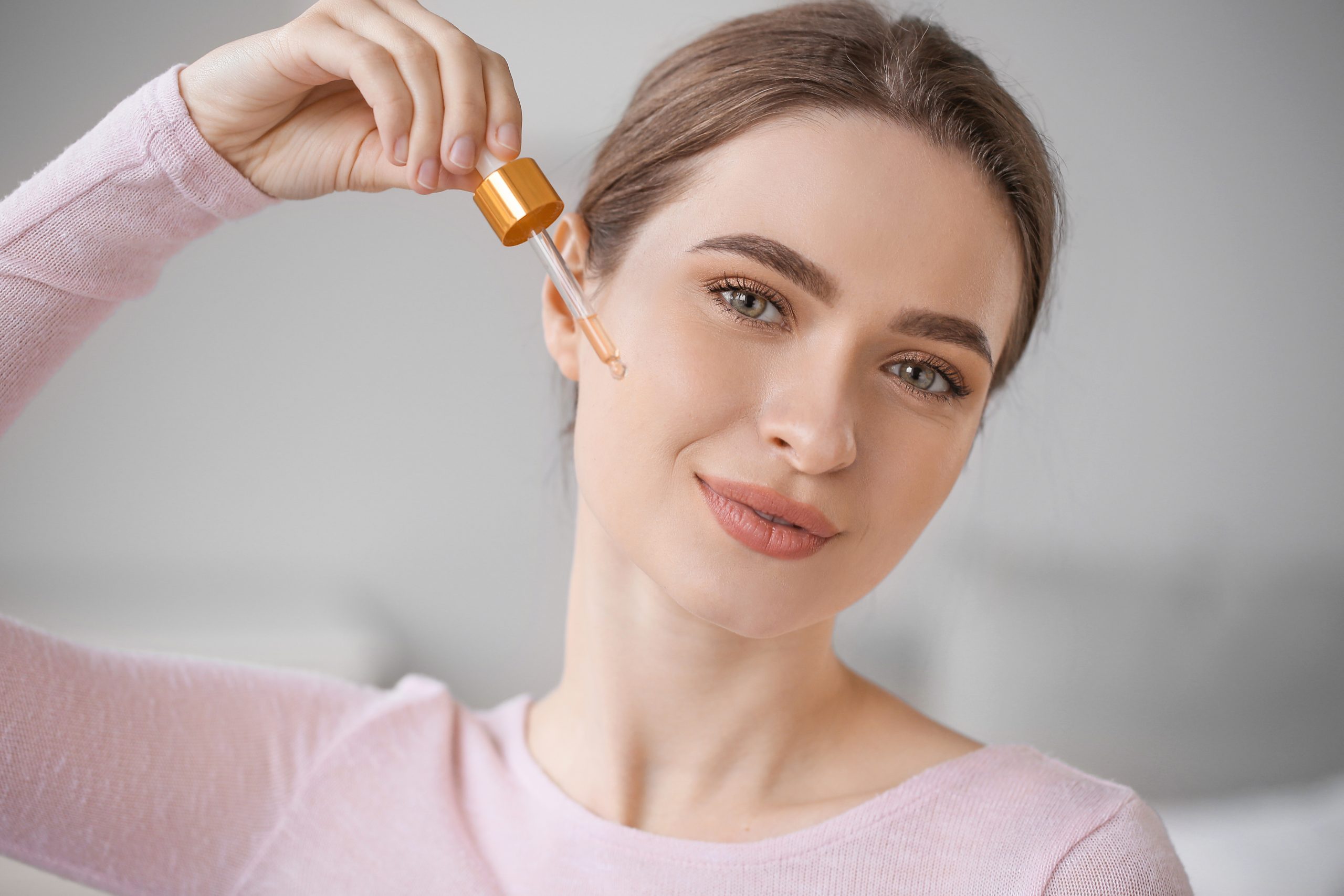
Welcome to our deep dive into the world of natural skincare, where we explore Manuka honey’s promising role in treating eczema. This unique honey has gained attention for its potent antibacterial and anti-inflammatory properties, making it a potential game-changer for those struggling with eczema. Let’s explore how Manuka honey can be used effectively to soothe and heal eczema-afflicted skin.
Understanding Manuka Honey’s Unique Properties
Manuka honey, produced in New Zealand by bees that pollinate the Manuka bush, is rich in methylglyoxal (MG), giving it strong antibacterial qualities. This key component makes Manuka honey stand out in its ability to fight off pathogens that can exacerbate eczema, including Staphylococcus aureus and E. coli.
Manuka Honey: A Natural Eczema Fighter
People with eczema often suffer from a compromised skin barrier, making them more vulnerable to infections. Manuka honey steps in as a natural protector, boosting the skin’s integrity and general immunity with its immunomodulatory properties. It creates a protective barrier, reducing inflammation and promoting healing of damaged skin.
How to Use Manuka Honey for Eczema
- Topical Application:
- Apply Manuka honey directly to the affected areas. Let it sit for a while before washing off with mild soap and water. Regular application can lead to smoother, more hydrated skin.
- For enhanced healing, mix Manuka honey with ingredients like shea butter or olive oil. These combinations can be particularly effective in managing symptoms like dryness, itching, and redness.
- Incorporating into Your Skincare Routine:
- Many skincare products now include Manuka honey for its healing properties. Consider Manuka-infused moisturizers and creams, specially formulated for eczema-prone skin.
- DIY Masks and Wraps:
- Create at-home masks or wraps using Manuka honey mixed with soothing agents like oatmeal. These can provide relief from itching and help in retaining moisture.
Understanding the Research
While anecdotal evidence strongly supports the benefits of Manuka honey for eczema, scientific research is still catching up. Small-scale studies have shown positive results, such as reduction in wound size and decreased inflammatory response, but larger and more comprehensive studies are needed to conclusively establish its effectiveness as an eczema treatment.
Conclusion: A Sweet Solution for Eczema
Manuka honey’s natural healing properties offer a glimmer of hope for those seeking alternative treatments for eczema. Its ability to fight bacteria, reduce inflammation, and moisturize makes it a valuable addition to your skincare arsenal. Remember, it’s always best to consult with a dermatologist before trying new treatments, especially for chronic conditions like eczema.
Have you tried Manuka honey for eczema? Share your experiences and tips in the comments below. Let’s create a community of shared knowledge and support!
Further Reading
Navigating through the complexities of skin conditions such as eczema, psoriasis, and dandruff can be quite challenging. For a more comprehensive understanding and various perspectives on these conditions, here are some articles that you might find helpful:
- Navigating the Complex World of Psoriasis and Dandruff
Explore the differences and similarities between psoriasis and dandruff, and discover ways to manage these conditions effectively. - Eczema vs. Psoriasis vs. Dermatitis: Unveiling the Mystery
Dive deeper into understanding the characteristics, causes, and management strategies of eczema, psoriasis, and dermatitis. - Can Psoriasis and Eczema Cause Dandruff?
Learn more about how common skin conditions like psoriasis and eczema can contribute to the occurrence of dandruff. - Exploring the Efficacy of Nizoral, T/Gel, and Selsun Blue in Managing Psoriasis and Dandruff
Uncover the effectiveness of various shampoos in managing the symptoms of psoriasis and dandruff. - What’s the Difference Between Eczema and Psoriasis?
A detailed exploration of the differences and similarities between eczema and psoriasis.
These articles are rich in information and insights that can guide you through managing and understanding these skin conditions better. Happy reading!
FAQs
- What makes Manuka honey special for treating eczema and dermatitis? Manuka honey originates from New Zealand and is produced by bees that pollinate the Manuka bush. It contains unique compounds like methylglyoxal (MGO), which enhances its antimicrobial and healing properties, making it particularly effective in managing skin conditions such as eczema and dermatitis.
- How often should I apply Manuka honey to the affected areas? The frequency of application can depend on the severity of your symptoms and the form in which you are using Manuka honey. For direct application, it might be beneficial to apply once or twice daily. Always follow the instructions on Manuka honey-infused products and consult a healthcare professional for personalized advice.
- Can Manuka honey be used alongside other eczema treatments? Manuka honey can often be used in conjunction with other treatments, but it’s essential to discuss this with a healthcare professional to ensure that the combinations are suitable and effective for your skin condition.
- Is Manuka honey suitable for all skin types? Manuka honey is generally suitable for various skin types, including sensitive skin. However, it’s always best to conduct a patch test to ensure that there are no adverse reactions.
- Where can I purchase genuine Manuka honey products for skin care? Genuine Manuka honey products can be purchased from reputable health stores, pharmacies, and online platforms. Ensure that the product is labeled with a Unique Manuka Factor (UMF) rating, indicating its potency and authenticity.
- Can Manuka honey help in reducing skin inflammation and redness? Yes, Manuka honey has anti-inflammatory properties that can help reduce skin redness and inflammation associated with eczema and dermatitis, promoting a soothing effect on the skin.
- What should I look for when buying a Manuka honey product for skin care? Look for the UMF rating, which indicates the potency of Manuka honey. Also, consider choosing products that are organic and free from harmful additives to ensure they are gentle on your skin.
- Can Manuka honey be used for facial eczema or dermatitis? Manuka honey can be applied to the face, but ensure that it is adequately rinsed off and does not enter the eyes or mouth. Manuka honey creams and ointments formulated for facial use might also be a convenient option.
- Are there any side effects associated with using Manuka honey on the skin? Manuka honey is generally well-tolerated when applied topically. However, some individuals might experience allergic reactions or sensitivity, so it’s advisable to conduct a patch test first.
- How does Manuka honey compare to other natural remedies for eczema and dermatitis? Manuka honey stands out due to its unique antimicrobial and healing properties. While other natural remedies can offer relief, Manuka honey’s rich composition makes it a potent option for managing various skin conditions, including eczema and dermatitis.
Blog Tags
manuka honey, eczema, dermatitis, natural remedies, skin care, inflammation, skin healing, antimicrobial properties












